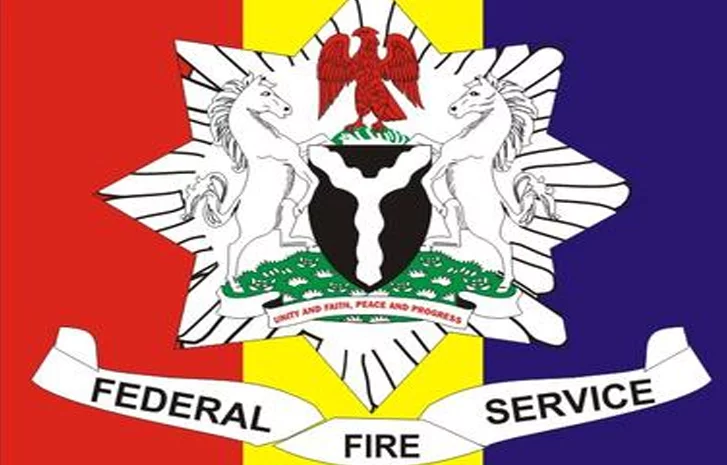A devastating suicide bombing has struck a military convoy in Pakistan’s North Waziristan district, killing 13 soldiers and injuring 29 people, including civilians and army personnel. The attack, which occurred on Saturday, is the latest in a series of violent incidents to rock the region. According to an unnamed local official, the explosive-laden vehicle rammed into the convoy, causing widespread destruction and chaos. The blast was so powerful that it collapsed the roofs of two nearby houses, injuring six children.
The attack has been blamed on the resurgence of militant activity in the area, with senior military and political leaders pointing to the Tehreek-e-Taliban Pakistan (TTP) as the main culprit. The TTP, a terrorist organization previously linked to the Taliban, has been accused of conducting cross-border attacks from Afghanistan, with some leaders alleging that Kabul is providing shelter and support to these militants. However, the Afghan authorities have denied these claims.
The incident is part of a larger trend of increasing violence in Pakistan, particularly in the Khyber Pakhtunkhwa province. Earlier in June, TTP terrorists killed a policeman in the Lakki Marwat district, sparking a shootout with security forces that resulted in the death of one militant. According to the Global Terrorist Index, the TTP was among the four terrorist groups responsible for the most deaths last year, with fatalities attributed to the group nearly doubling from 2023 to 2024.
As Pakistan struggles to contain the rising tide of militancy, the international community is watching with concern. The attack on the military convoy is a stark reminder of the dangers posed by terrorist groups and the need for concerted efforts to combat extremism. With tensions running high in the region, it remains to be seen how the Pakistani authorities will respond to the latest attack and whether they will be able to stem the tide of violence. One thing is certain, however: the people of Pakistan deserve peace and security, and it is the responsibility of the government and the! international community to ensure that they receive it.



